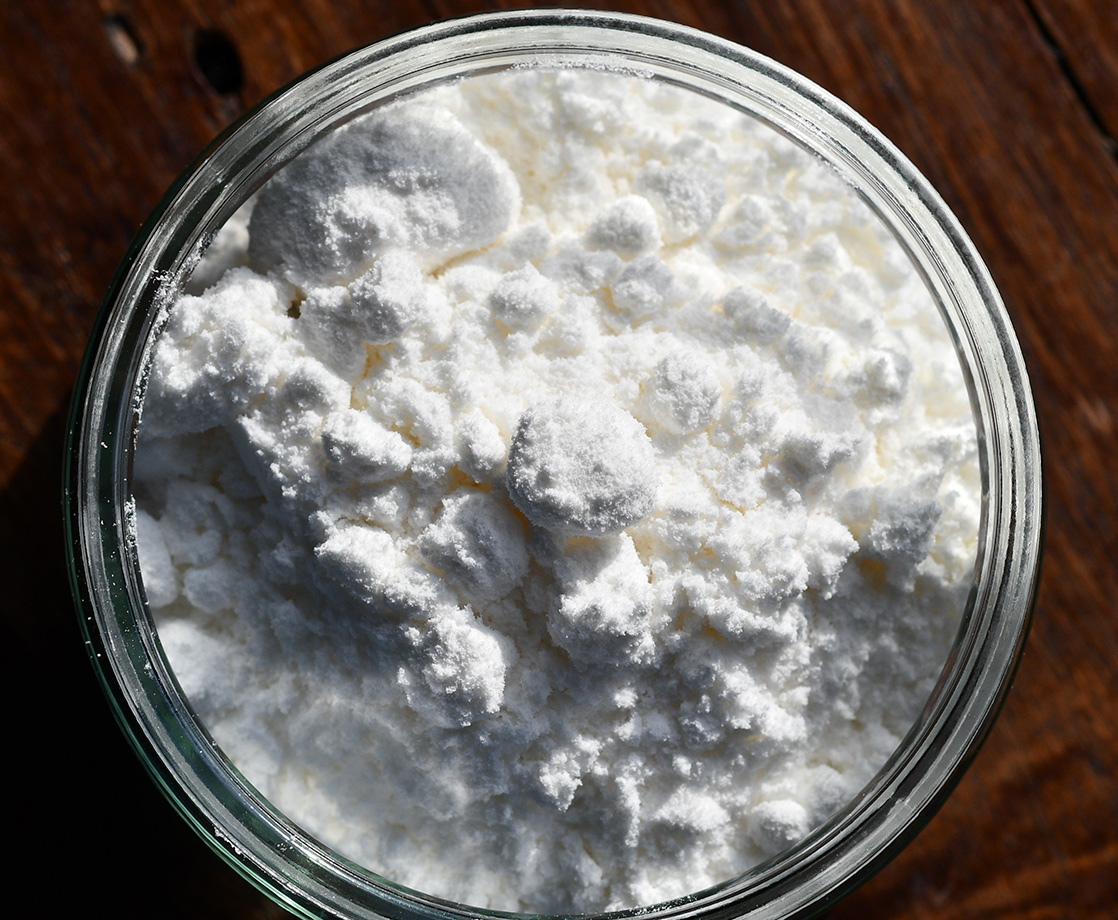Practically everywhere you turn these days, you find yourself face to face with CBD (shorthand for cannabidiol) in one form or another. From news stories and online banner ads, to emails piling up in your spam folder, scads of people are anxious to share the miracle cannabinoid’s potential to treat anxiety, depression, pain, and a host of other health maladies.
If you add the myriad of CBD products available — drops, tinctures, ointments, gummies, capsules, vapes, patches, and on and on — you’ll find that separating reliable information from all the hype can be a daunting and sometimes confusing task.
Adding to that confusion is the fact that manufacturers have different types of CBD available to them to use in their products. Traditionally, most CBD products were made with industrial hemp (and, to a lesser extent, marijuana) whole-plant extractions. To make these CBD oils, a solvent such as butane, ethanol, or CO₂ is used to strip the cannabinoids, terpenes, and other botanic compounds from the hemp plant material, concentrating them into a viscous liquid commonly referred to as full-extract CBD oil.
But, now, a substance known as CBD isolate is becoming increasingly popular as an ingredient and consumer product. Manufacturing CBD isolate also begins with a whole-plant extraction, which is then refined further through processes including filtration and winterization to remove all other compounds. The resulting CBD isolate, a white crystalline powder, is nearly pure cannabidiol, usually 99 percent or more. This purity gives CBD isolate several benefits, but can also be a drawback, depending on the user’s needs and point of view.
What Are the Benefits of CBD Isolate?
The purity of CBD isolate offers both manufacturers and consumers some advantages over full-extract CBD oils. CBD isolate is nearly 100 percent CBD, so it is very easy to measure accurate doses of the product: one gram of powder is about a 1000 milligram dose of CBD.
In addition, because CBD isolate doesn’t have the chlorophyll and other botanicals found in full-extract oils, it doesn’t add the strong, hempy flavor and odor often associated with them. This makes CBD isolate good as an ingredient for edibles and beverages, eliminating the challenge of trying to mask or complement the taste of the CBD oil with other flavorings. CBD isolate’s fine powder also mixes well into other ingredients, making it more versatile and easier to work with, either in the kitchen or on the production line.
Another aspect of CBD isolate that some users perceive as a benefit is the complete lack of THC in the product. Many people who want to enjoy the benefits of CBD would prefer to avoid any traces of the psychoactive cannabinoid THC. Some people are very sensitive to it, while others want to avoid it because they are subject to drug screenings for marijuana use.
To be legal, hemp and hemp products must be less than 0.3 percent THC by weight. But even this tiny amount of THC can be enough to show up on drug tests, especially for those taking high doses of CBD products. Consequently, many people whose careers depend on passing a drug test for marijuana use, such as members of the military or law enforcement officers, opt for CBD isolate as a safe alternative to products containing THC.
CBD Isolate’s Drawbacks
For many people, the purity of CBD isolate is actually its major drawback. Without the other constituents of full-extract CBD, including the small quantity of THC and minor cannabinoids, terpenes, and other botanic compounds working together in what is known as the entourage effect, they believe that much of the therapeutic benefit of CBD oil is lost. And there’s evidence to back this idea up. In a 2015 study, researchers in Israel determined that mice demonstrated greater relief from inflammatory conditions due to the use of a full-extract CBD oil than with treatment with CBD isolate.
So, before choosing a CBD product, consumers should assess how they are planning to use it, and whether the small amount of THC in full-extract CBD oils is acceptable. For most people looking to add the wellness benefits of CBD into their daily routine or to treat a specific condition, the full-extract oil is likely to be more effective and could be the better choice.
But if you’re planning to create delicately-flavored recipes infused with cannabidiol, or might have to take a drug screening for cannabis, CBD isolate might be a better option for you. Whichever you choose, be sure to read package labels carefully to determine the amount and type of CBD the product contains. And, it should be noted, purchase your CBD from a reputable retailer.











